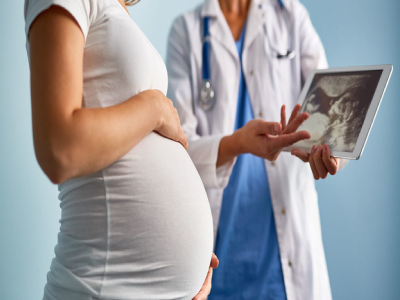Home / High Risk Obstetric Care
High Risk Obstetric Care

All pregnancies carry risks. The definition of a high-risk pregnancy is any pregnancy that carries increased health risks for the pregnant person, fetus, or both. People with high-risk pregnancy in Kharadi may need extra medical care before, during, and after they give birth. This helps to reduce the possibility and severity of complications.
But having a pregnancy that’s considered high risk doesn’t mean you or the fetus will have health problems. Many people experience healthy pregnancies and normal labor and delivery despite having special health needs leading up to the birth.
It can be easy to panic and worry when you hear your pregnancy care provider say your pregnancy is at a higher risk. You’re not alone. It doesn’t mean your pregnancy will automatically be difficult. It may just mean your pregnancy care team watches you more closely. Trust your healthcare team’s recommendations and ask them for help managing your feelings. Many people have high-risk pregnancies, and most end in healthy babies. Routine prenatal care can help ensure your pregnancy is safe, even if it’s high risk.
What are the signs and symptoms of high-risk pregnancy?
Talk to your pregnancy care provider right away if you experience any of the following symptoms during pregnancy, regardless of if your pregnancy is high risk or low risk:
- Abdominal pain that doesn’t go away.
- Chest pain.
- Dizziness or fainting.
- Extreme fatigue.
- The fetus’s movement stopping or slowing.
- Heart palpitations.
- Nausea and vomiting that’s worse than typical morning sickness.
- Severe headache that won’t go away or gets worse.
- Swelling, redness or pain in your face or limbs.
- Thoughts about harming yourself.
- Trouble breathing.
- Vaginal bleeding or increased discharge.
